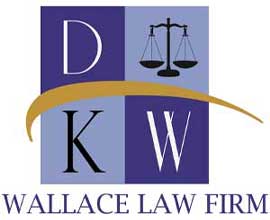While drug possession charges have varying degrees of penalties, any charge comes with consequences.
According to data from the Florida Department of Law Enforcement, the state had 68,564 drug arrests in 2020. Among those, 1,230 happened in Charlotte County. If faced with charges, you face potentially severe penalties.
1. What does Florida law consider drug possession?
The state defines drug possession as having a drug or drugs on you for personal use or distribution. Even a small amount may result in fines and potential jail time. You may also get charged for having drug paraphernalia, though that requires evidence of using it for drugs.
2. What penalties come with a drug charge?
The type of drug, amount and intended use all play into the potential charges you face. Schedule I drugs, which include cocaine and heroin, come with the highest consequences. While the amount varies for each specific drug, a first-degree felony comes with a potential 30-year jail sentence and a $10,000 fine. A third-degree felony charge means facing a $5,000 fine and a possible five-year sentence. If you had a small amount of a non-Schedule I drug, it may get classified as a misdemeanor. Even that charge has a possible penalty of a year in jail and a $1,000 fine.
3. What other consequences might I face?
Anytime you get charged with a felony, it stays on your record unless you take steps to get it expunged. If convicted of a felony, it stays on your record permanently. Additionally, any drug possession conviction results in the loss of your driver’s license for at least six months.
Even a small drug crime has long-lasting consequences. Knowing what you face may make facing those consequences easier.


